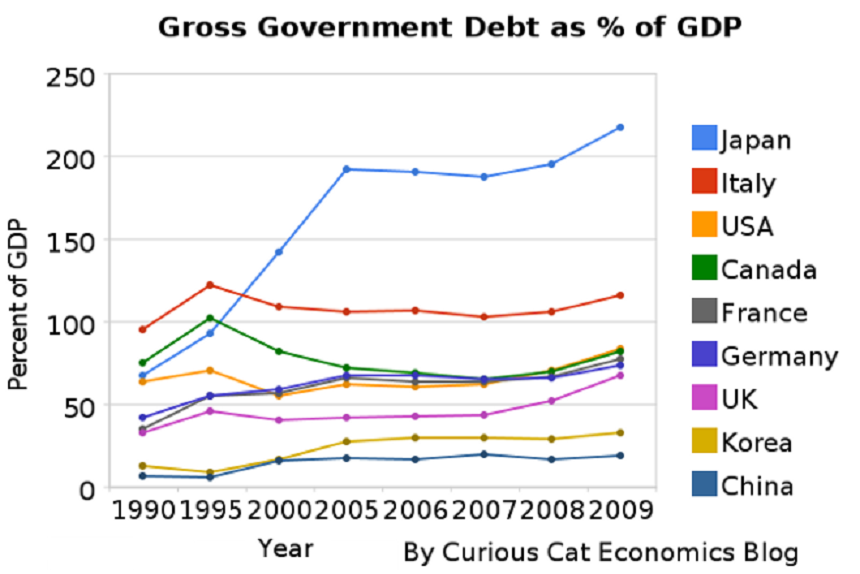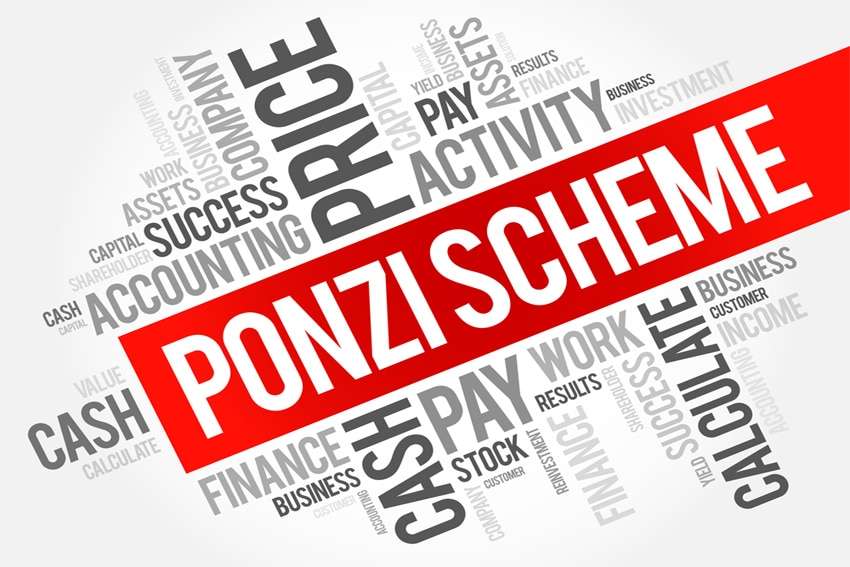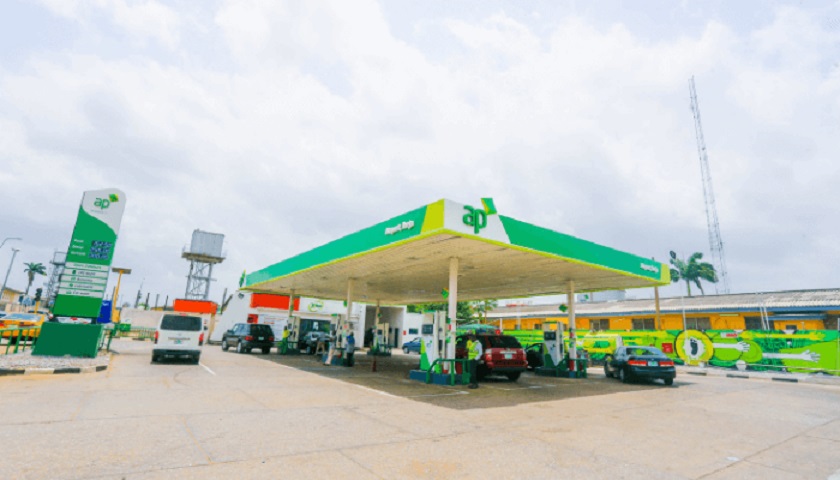Economy
Nigeria’s Debt to GDP Ratio to Hit 23% 2017-2020—S&P

By Dipo Olowookere
Renowned global rating firm, S&P Global Ratings, has predicted that for 2017-2020, Nigeria’s general government debt stock (consolidating debt at the federal, state, and local government levels) will average 23 percent of its Gross Domestic Product (GDP), comparing favourably with peer countries’ ratios.
This information was revealed on Friday by the rating agency when it announced affirming its ‘B/B’ long- and short-term sovereign credit ratings on Nigeria.
According to S&P, “We also anticipate that general government debt, net of liquid assets, will average 17 percent of GDP in 2017-2020.
“We include debt of the Asset Management Corporation of Nigeria (around 5 percent of GDP)–created to resolve the nonperforming loan (NPL) assets of the Nigerian banks–in our calculation of gross and net debt, in line with our treatment of such entities elsewhere,” pointing out that over 80 percent of government debt is denominated in Naira.
The rating firm noted that despite the relatively low government debt stock, general government debt-servicing costs as a percent of revenues are high and have increased in recent years from below 10 percent in 2014 to its projection of 21 percent, on average, in 2017-2020.
Federal Government alone has debt servicing costs of close to 40 percent of revenues, which in the agency’s opinion reduces fiscal flexibility.
It said the steep increases in the ratio are due to a combination of the decline in oil revenues since 2014 and higher borrowing costs in the domestic market.
The government is initiating a process of debt switching: maturing treasury bills–which are costly in the domestic market–will be refinanced by the issuance of Dollar-denominated debt, which is currently cheaper. Through this process, the government hopes to reduce debt servicing costs.
Also, S&P noted that while excess demand for foreign currency still prevails in the Nigerian foreign currency market, it sees encouraging signs of gradually receding pressures thanks to increasing inflows and some initiatives by the Central Bank of Nigeria (CBN) to support this market.
In April 2017, the CBN introduced a new exchange rate window, the Nigerian Autonomous Foreign Exchange Fixing Mechanism–commonly known as the New Investors Foreign Exchange (FX) Window–as a softer option relative to outright devaluation, but nevertheless putting downward pressure on the currency by allowing the US Dollar/Naira exchange rate to move closer to market-determined levels.
The rating firm pointed out that although there are still multiple exchange rates, most FX trading is now predominantly in the interbank market, which trades between $1 to N300 to N320 and the new foreign investors exchange window, which trades $1 to N340 to N370.
“However, Nigeria still maintains FX controls on both current and capital transactions, including import restrictions on 41 categories of goods,” the firm said.
Nigeria ended 2016 with a debt to GDP ratio of 18.6 percent and in May 2017, the International Monetary Fund (IMF) predicted that the country’s debt to GDP ratio will average 24.1 percent by 2018.
Economy
Nigeria’s SEC Vows to Eliminate Ponzi, Pyramid Schemes in 2025

By Adedapo Adesanya
The Nigerian Securities and Exchange Commission (SEC) has listed mainstreaming the Nigerian capital market into the economy as its top priority in 2025.
Mr Emomotimi Agama, the Director General of SEC, said this in his New Year message to the capital market community on Monday.
He also said the commission would intensify efforts to eliminate Ponzi and pyramid schemes, thereby fostering an environment for genuine investment opportunities to thrive in 2025.
He said that protecting investors remained a cornerstone of the commission’s mission.
Mr Agama also said that the commission would prioritise key initiatives aimed at deepening market integrity, enhancing investor confidence and driving economic growth.
According to him, “SEC is positioned with a dual mandate in regulating and developing the capital market in Nigeria.
“Naturally, our top priority in 2025 will cut across the dual mandate. For us, mainstreaming the Nigerian Capital Market into the economy is very vital.
“Enforcement is the backbone of effective regulation. We are revamping our investigative processes to enhance efficiency and hold bad actors accountable more decisively.
“Insider trading undermines activities and dampens market fairness. By revising our regulatory framework, we aim to strengthen detection, prevention, and accountability mechanisms.
“Transparency is at the heart of investors confidence and capital markets. We will introduce measures to ensure greater visibility and trust in securities transactions,” he stated.
The SEC director-general added that to resolve market disputes efficiently and fairly, the commission was focusing on enhancing the operations of the Investments and Securities Tribunal (IST).
He noted that these efforts aim to make the tribunal more effective in delivering timely resolutions, thereby improving overall efficiency in the process.
Mr Agama stated that key focus for the commission in 2025 is strengthening the legal framework of the commodities market to enable it attain its full potential of aiding economic development.
He said the commodities market is a major area of interest for SEC, adding that Nigeria is purely an agrarian nation.
The director-general said that taking that comparative advantage to the next level, is something that the commission is proud to be part of.
Mr Agama said this year, SEC would focus on reinforcing the legal and regulatory structures that support growth to create a solid foundation for the vibrant commodities ecosystem, be it soft or hard commodity.
“More so, when we have a plethora of commodities all over Nigeria. SEC as a partner in development will make sure that we make the difference,” he said.
Mr Agama also said that these initiatives reflect the commission’s vision for a stronger and more inclusive capital market in 2025, adding that SEC is committed to building wealth, instilling confidence and making impacts.
“As we embark on this journey, I invite all stakeholders to work with us in achieving these goals.
“Together, we can unlock the potentials of the Nigerian capital market and make this a defining year for our economy.
“What we intend to do, is to steer the capital market towards a direction that ensures that development gets to the doorstep of every Nigerian.”
Economy
NASD Exchange Ends First Trading Week of 2025 Bullish by 0.55%

By Adedapo Adesanya
Seven price gainers ensured that the NASD Over-the-Counter (OTC) Securities Exchange ended the first trading week of the year 2025 in the positive territory, with a 0.55 per cent gain.
In the four-day trading week, the market capitalisation of the bourse went up by N9.74 billion to N1.046 trillion from the N1.036 trillion recorded in the last trading week of 2024, as the NASD Unlisted Security Index (NSI) increased by 16.74 points to finish at 3,052.34 points, in contrast to the 3,035.61 points achieved in Week 52 of last year.
Industrial and General Insurance (IGI) Plc topped the advancers’ chart after it closed higher by 33.3 per cent to close at 20 Kobo per unit versus 15 Kobo per unit, UBN Property Plc grew by 10 per cent to end at N1.98 per share compared with the previous week’s N1.80 share and Air Liquide Plc also gained 10 per cent to end at N8.80 per unit against the former value of N8.00 per unit.
Further, 11 Plc rose by 7.9 per cent to N232.10 per share from N215.00 per share, Central Securities Clearing System (CSCS) Plc improved by 4.8 per cent to N23.05 per unit from N22.00 per unit, Food Concepts Plc jumped by 1.3 per cent to close at N1.60 per share versus N1.58 per share, and Geo-Fluids Plc appreciated by 0.8 per cent to N4.89 per unit versus N4.85 per unit.
On the flip side, FrieslandCampina Wamco Nigeria Plc shed 9.3 per cent to N39.76 per share from N43.84 per share, and Acorn Petroleum Plc depreciated by 9.1 per cent to N1.40 per unit from N1.54 per unit.
Last week, the volume of equities transacted went down by 41.8 per cent to 12.44 million units from 21.37 million units, the value of securities traded by investors slumped by 46.7 per cent to N61.62 million from N115.8 million, and the number of deals declined by 30.99 per cent to 49 deals from 71 deals.
FrieslandCampina Wamco Plc was the busiest stock in the week by value with N55.8 million, IGI Plc recorded N2.1 million, 11 Plc posted N1.5 million, CSCS Plc traded N1.1 million, and Geo-Fluids Plc recorded N0.59 million.
By volume, IGI Plc topped with 55.8 million units, FrieslandCampina Wamco Plc transacted 1.4 million units, UBN Property Plc recorded 0.276 million, Geo-Fluids Plc traded 0.120 million units, and CSCS Plc exchanged 0.047 million units.
Economy
Ardova, Heyden to Sell Dangote Petrol, Diesel at Lower Prices

By Modupe Gbadeyanka
Nigerians may soon begin to purchase petroleum products at the retail stations of Heyden Petroleum and Ardova Plc across Nigeria at lower prices.
This is because the two players in the nation’s downstream petroleum sector have entered into a bulk purchase agreement with the Dangote Petroleum Refinery.
Recall that a few weeks ago, MRS Oil Nigeria Plc sealed a deal with Dangote Refinery, enabling it to sell premium motor spirit (PMS), otherwise known as petrol, at N935 per litre across all its stations nationwide, addressing the long-standing issue of price disparities between states.
This action pushed the share price of MRS Oil at the Nigerian Exchange (NGX) Limited to a new 52-week high last Friday, as investors became increasingly optimistic about the company’s future earnings prospects.
Propelled by the economic relief provided by President Bola Tinubu’s crude-for-naira swap initiative, Ardova Plc and Heyden Petroleum agreed to join Dangote Refinery to bring down the prices of petroleum products.
Reports indicate that the bulk purchase agreement with Dangote Petroleum Refinery will enable both Ardova and Heyden to secure a reliable and consistent supply of petroleum products from the world’s largest single-train refinery, ensuring a stable supply of fuel at competitive prices, benefiting consumers across the country.
The arrangement ensures that Ardova and Heyden will have access to a full range of refined products, thereby securing their operations with a reliable supply chain.
The partnership with Dangote Refinery is poised to have a transformative impact on Nigeria’s oil and gas market. By ensuring a stable and affordable supply of fuel products in the over 1,000 retail outlets of the two companies, the agreement will help to alleviate the recurring issue of fuel scarcity that has long plagued Nigeria.
“This framework will see Ardova Plc offtake a full slate of petroleum products from the refinery. While Ardova Plc has been a significant off-taker from the refinery since its inception, this new framework will institutionalise a more robust relationship between the two companies to further enhance the emerging competitive landscape in the downstream oil and gas industry in the country,” a statement from Ardova stated.
Ardova has been a key off-taker from the Dangote Refinery since its inception, but this new framework is expected to formalise and strengthen the partnership between the two companies, creating long-term benefits for both parties.
The Dangote Refinery, which began production in 2024, has already played a pivotal role in addressing these challenges. Its large-scale operations have helped alleviate the supply pressures that often lead to price hikes and fuel shortages.
-

 Feature/OPED5 years ago
Feature/OPED5 years agoDavos was Different this year
-
Travel/Tourism8 years ago
Lagos Seals Western Lodge Hotel In Ikorodu
-

 Showbiz2 years ago
Showbiz2 years agoEstranged Lover Releases Videos of Empress Njamah Bathing
-

 Banking7 years ago
Banking7 years agoSort Codes of GTBank Branches in Nigeria
-

 Economy2 years ago
Economy2 years agoSubsidy Removal: CNG at N130 Per Litre Cheaper Than Petrol—IPMAN
-

 Banking2 years ago
Banking2 years agoFirst Bank Announces Planned Downtime
-

 Sports2 years ago
Sports2 years agoHighest Paid Nigerian Footballer – How Much Do Nigerian Footballers Earn
-

 Technology4 years ago
Technology4 years agoHow To Link Your MTN, Airtel, Glo, 9mobile Lines to NIN


















